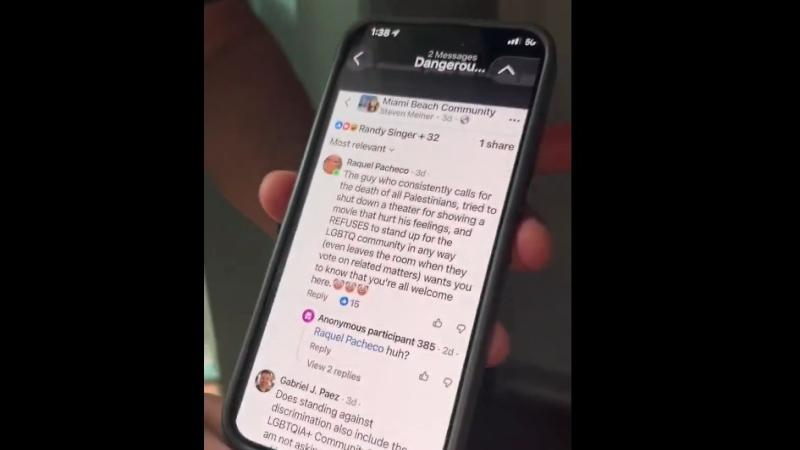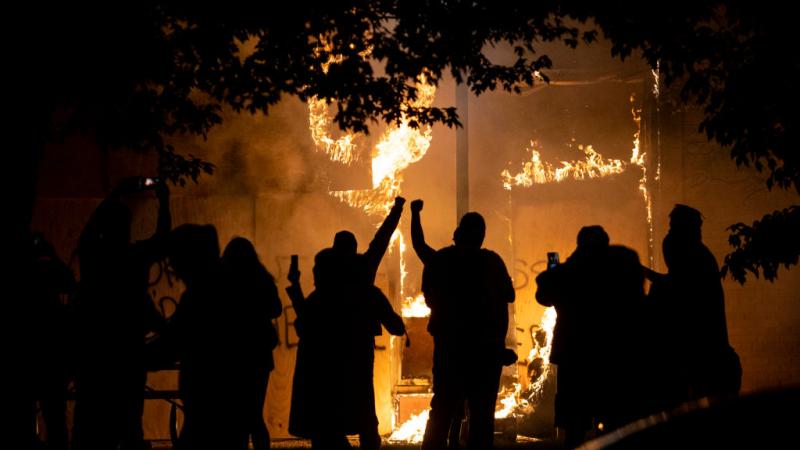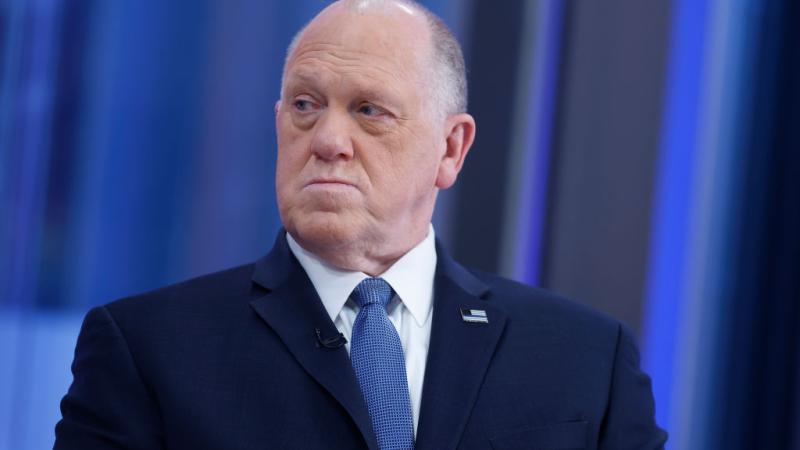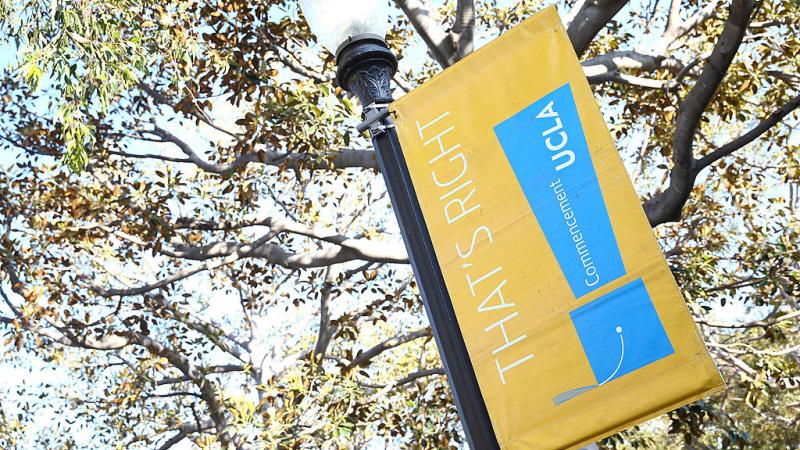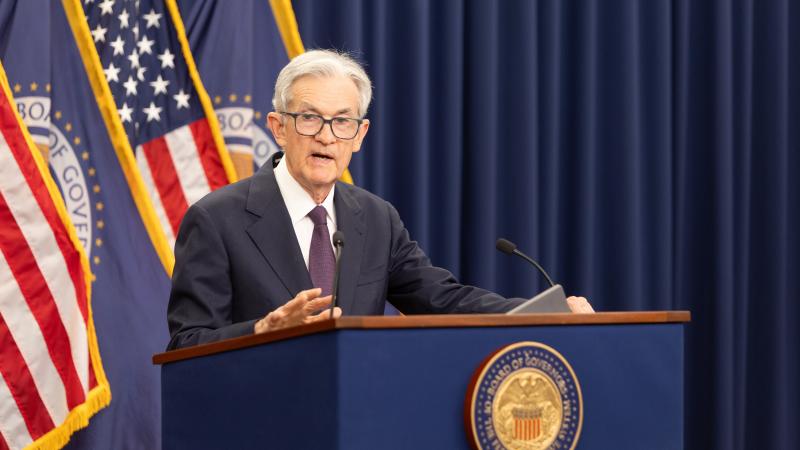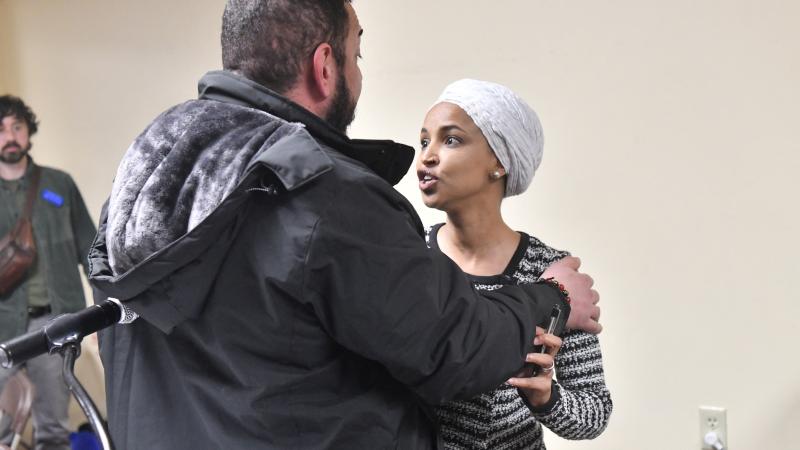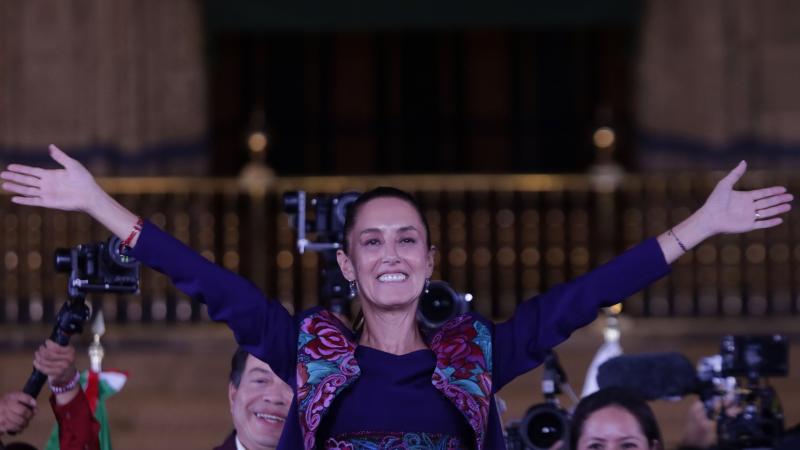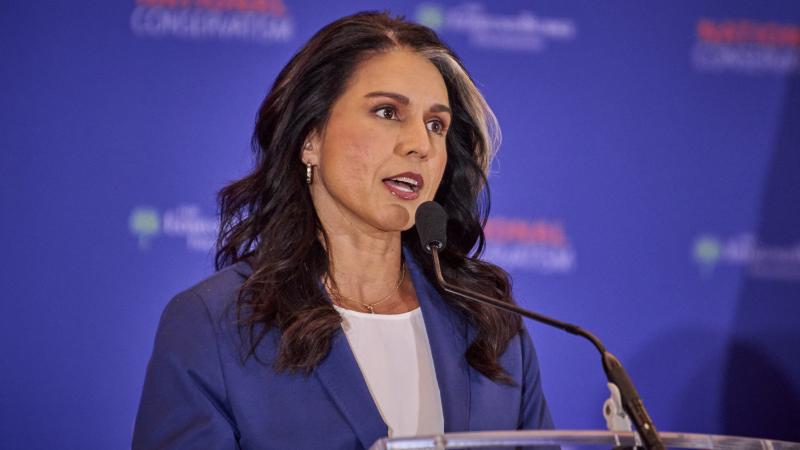Professor punished for mocking 'land acknowledgment' on syllabus finds sympathy from appeals court
While University of Washington tells 9th Circuit it struck "perfect balance" between First Amendment rights of Stuart Reges and his students' feelings, judges suggest his punishment didn't match supposed harm to students.
The University of Washington made a novel argument Thursday for censoring an instructor who put a parody "land acknowledgment" on his syllabus, suspending his merit pay, leaving him in the dark for more than a year and refusing to rule out another investigation that could end with his suspension, docked pay or termination.
It's like firing a police officer for making pornography with his wife because it "affect[s] the public's view of a governmental agency in a negative fashion" and hence the agency's mission, the taxpayer-funded university's lawyer told the 9th U.S. Circuit Court of Appeals, quoting a 2007 decision by the nation's largest federal appeals court.
Oral argument suggests UW will suffer a reversal of its victory at district court against 20-year computer science instructor Stuart Reges, who responded to his department's invitation to acknowledge the Coast Salish people's historic claim to UW's land on the syllabus by saying they could claim "almost none" of UW's land under John Locke's "labor theory of property."
Reges won distinguished teaching awards at three universities and local acclaim for baking cookies for his massive introduction to computer science course on finals day.
But he put a target on his back in 2018 for his essay "Why Women Don't Code" and went to the hospital after being assaulted for recording an anti-Israel encampment at UW last year, days after U.S. District Judge John Chun found the land-acknowledgment parody caused a "significant disruption" that outweighed his First Amendment interests.
The former Libertarian Party national director seems like the archetypal "contrarian professor" whose presence was once "quintessential" to American universities, President George W. Bush-nominated Judge Milan Smith told UW lawyer David Hosp, known for beating a Project Veritas defamation suit against UW related to the Election Integrity Partnership.
"When are we going to allow a university to discipline a faculty member for something he said in the context of an academic setting?" President Trump-nominated Judge Daniel Bress, who replaced the quintessentially quixotic Judge Alex Kozinski, asked rhetorically.
He invoked a 1975 9th Circuit ruling that a university's "desire to maintain a sedate academic environment" cannot justify limiting a teacher's political expression "in vigorous, argumentative, unmeasured, and even distinctly unpleasant terms," minutes after Reges lawyer Joshua Bleisch of the Foundation for Individual Rights and Expression cited it.
Bleisch invoked another precedent that relied on it 35 years later: Judge Kozinski's unanimous opinion for a college that declined to punish a professor for racially charged emails, notable for then-Supreme Court Justice Sandra Day O'Connor sitting on the panel by designation.
It's doubtful a "professor’s expression on a matter of public concern, directed to the college community, could ever constitute unlawful harassment" in court, Kozinski wrote.
President Clinton-nominated Judge Sidney Thomas questioned whether Reges was really punished and sympathized with UW's justification for censoring his syllabus and creating a "shadow section" of his class that siphoned a third of his students — that the parody "singled out" Native American students whose recruitment is core to UW's mission.
He speculated that Reges could cause a disruption justifying UW intervention if the instructor said "women can't code" on his syllabus, misstating what Reges actually wrote. Bleisch retorted that UW assured students Reges wouldn't discriminate against them.
The university's best hope may be that the case gets remanded to Judge Chun. Smith cited uncertainty about "who actually dropped out" of the class and why a student took a leave of absence as factual questions standing in the way of a ruling by the three-judge panel.
"Well, that's a stretch," Judge Thomas deadpanned to Bleisch's request for an injunction against UW enforcing its nondiscrimination policy against Reges, prompting laughs.
How does censoring a syllabus help offended students?
Bleisch and Hosp faced grilling on both the concrete harm to Reges, whom the university repeatedly said could question land acknowledgments except on the syllabus, and what good it did students to censor the syllabus while letting Reges spout off elsewhere.
It's irrelevant that Reges put the parody on his email signature and office door without "adverse action" because UW's recommendation opened the syllabus to debate on a public matter, Bleisch said.
And because College of Engineering Dean Nancy Albritton's deposition said a hypothetical complaint against Reges for holding a parody sign might prompt punishment, it's "not exactly true" Reges can speak elsewhere, the lawyer told Judge Bress.
When Hosp claimed UW struck a "perfect balance" between responding to the disruption of angry students and the First Amendment rights of Reges, letting him mock land acknowledgments elsewhere, "why wouldn't that undercut the feelings of Native Americans as much as putting it on his own syllabus?" Smith asked.
When Bress mentioned the Supreme Court's Tinker precedent on K-12 students' free speech rights versus "substantial disruption," Bleisch said it wasn't a good fit for a university because UW students are nearly always adults who control their own education.
He said the better fit is the 9th Circuit's 2022 reinstatement of teacher Eric Dodge's retaliation suit against a suburban Portland school district for threatening him for wearing a Make America Great Again hat to teacher-training sessions, ruling his principal would not enjoy qualified immunity from personal liability.
More like teacher punished for MAGA hat at professional training
"I was struck by how sensitive the students or others were" in response to the parody, Judge Smith said, asking how the court should determine the so-called Pickering balance between the value of Reges's speech and "the adverse impact of the speech" on UW's operations.
Judge Thomas pressured Bleisch to answer how much disruption is too much, while Judge Bress questioned whether "all government employers [must be] treated the same" under the Pickering precedent, distinguishing academic from nonacademic environments.
Hosp pointed to 7th Circuit Judge Frank Easterbook's statement when the full court rejected a petition for rehearing by the University of Illinois Chicago in law professor Jason Kilborn's recently reinstated lawsuit over his punishment for using redacted slurs in discrimination scenarios on a test.
The influential jurist asserted that the Supreme Court Sweezey precedent on the "four essential freedoms of a university" applies to the institutions themselves, not individual professors, meaning universities are "entitled to freedom from outside control" and "deans rather than jurors should resolve disputes" about faculty speech.
Because students assume the syllabus is a university work product, UW took "minimal action" by sanitizing the Reges syllabus, Hosp said. Bleisch reminded the court that Judge Chun rejected UW's claim the syllabus is government speech.
Mad that UW didn't give him 'more attention' with stronger punishment
Reges is owed interest on his delayed merit pay and emotional distress damages for spending 13-14 months in the dark on his fate, with UW's investigation concluding with an "oral report" it hid from Reges for another several months, Bleisch said.
Hosp portrayed Reges as trying to get punished after UW stopped at sanitizing his syllabus and creating the new class section "in response to a number of student complaints" that he "could not be fair and impartial to them," denying him "more attention" for two months.
Reges then told a diversity listserv he'd put the parody on his next syllabus, prompting the teaching assistant union to file a complaint accusing him of violating the nondiscrimination policy, Executive Order 31, and the collective bargaining agreement, which under the faculty code required UW to investigate, Hosp said.
Allen School of Computer Science & Engineering Director Magdalena Balazinska did not goad students into filing complaints against Reges but rather told them how to do so if they felt treated unfairly, according to Hosp, but Bleisch said Balazinska was emailing colleagues "behind the scenes" to gin up complaints so they could punish him.
Balazinska told Reges "she will be forced to conclude he intentionally violated" EO 31 if Reges caused another disruption, by which she meant any new complaint, and a "speech burden based on audience reactions is just government hostility in a different guise," Bleisch said.
The Facts Inside Our Reporter's Notebook
Videos
Links
- put a parody "land acknowledgment" on his syllabus
- 2007 decision
- victory at district court
- John Locke's "labor theory of property."
- distinguished teaching awards at three universities
- baking cookies for his massive introduction to computer science course
- "Why Women Don't Code
- assaulted for recording an anti-Israel encampment
- former Libertarian Party national director
- UW lawyer David Hosp
- beating a Project Veritas defamation suit
- Election Integrity Partnership
- quintessentially quixotic Judge Alex Kozinski
- 1975 9th Circuit ruling
- Joshua Bleisch of the Foundation for Individual Rights and Expression
- Judge Kozinski's unanimous opinion
- 9th Circuit's 2022 reinstatement
- so-called Pickering balance
- Judge Frank Easterbook's statement
- law professor Jason Kilborn's recently reinstated lawsuit
- punishment for using redacted slurs
- The influential jurist
- Supreme Court Sweezey precedent
- Executive Order 31
